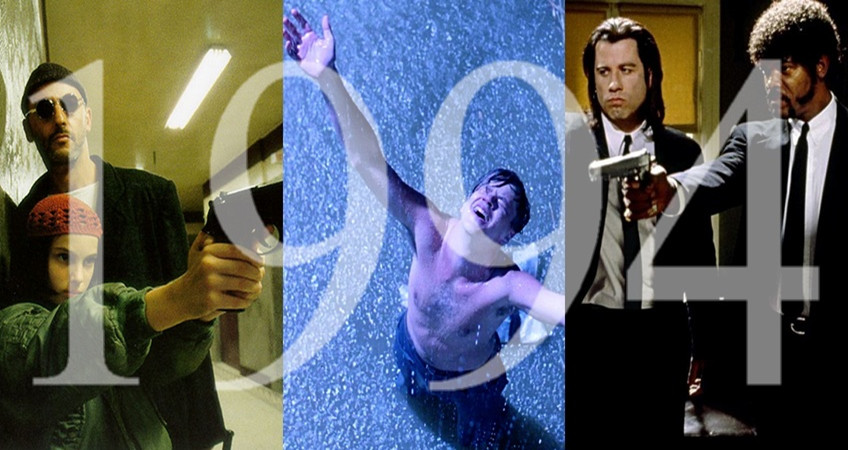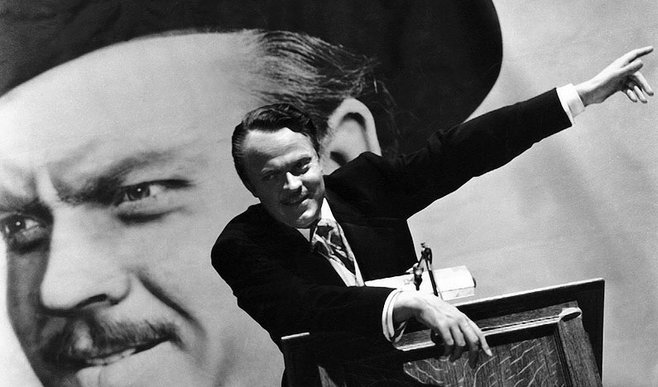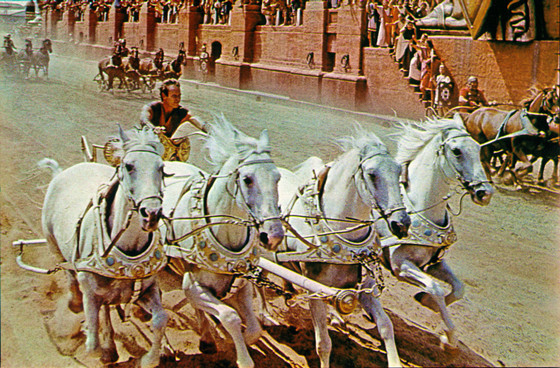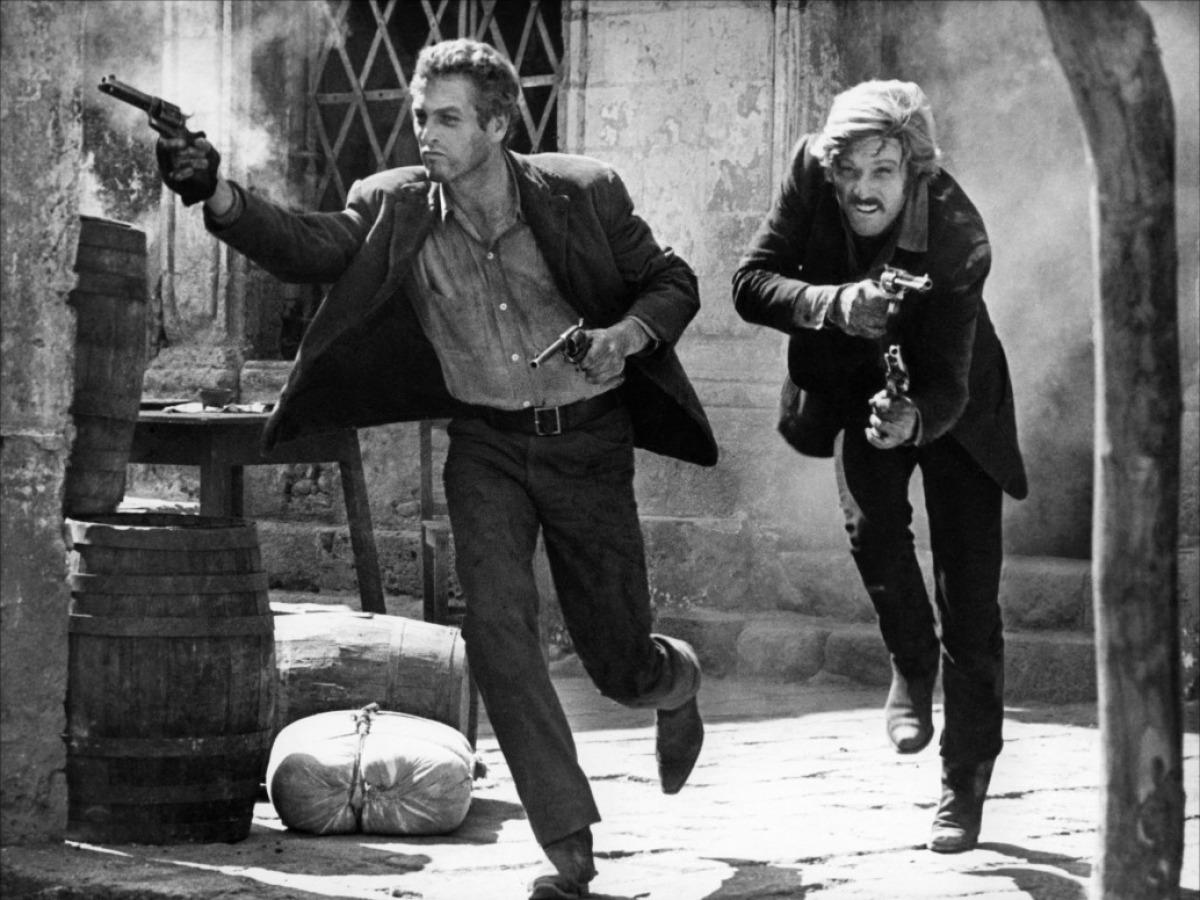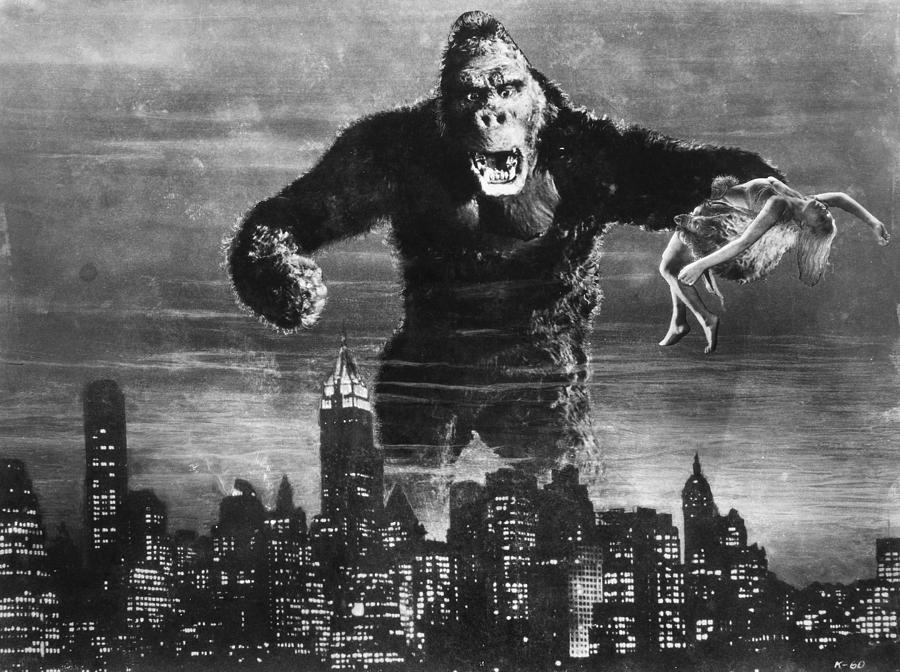Although debatable, many attribute the 1915 release of D.W. Griffith’s controversial Birth of the Nation as the birth of American cinema (at least the first Hollywood film). This means we will soon be celebrating the centennial of the biggest industry in film.
In the hundred years that Hollywood has been making films, certain years have stood out in terms of significance. Whether it were the amount of box office successes, critically acclaimed films, or films that went on to become greatly influential, some years just clicked for Hollywood. It is hard to truly judge the greatness of certain years until later reflection which is why none of the years on this list are from the 21st century.
11. 1941
The (mostly) uncontested greatest film of all time Citizen Kane wasn’t the only landmark film to be released this year. Also released were the (mostly) uncontested greatest film noir The Maltese Falcon, the highly influential satire Sullivan’s Travels, and the film that will forever define “mise-en-scene”, best picture winner How Green was my Valley.
Other classics from that year include Hitchcock’s Suspicion, Disney’s Dumbo, the southern drama The Little Foxes, the beloved screwball comedy The Lady Eve, and one of the highest grossing films when adjusted for inflation, Sergeant York.
10. 1975
The blockbuster was born in the middle of the decade that reinvigorated Hollywood with Jaws. One Flew Over the Cuckoo’s Nest became only the second film to win all five major Academy Awards. The long running social phenomenon and penultimate midnight movie Rocky Horror Picture Show was released to limited fanfare (with the exception of Los Angeles where it sold out every night). Speaking of transsexuals, Dog Day Afternoon cemented Pacino as the best actor of his generation (and perhaps ever),
Altman released his ensemble masterpiece Nashville, Kubrick gave us a visual feast with Barry Lyndon, and Peter Sellers’ career shot back into orbit with the franchise reboot Return of the Pink Panther. Other notable films include Hal Ashby’s Shampoo, The Who’s pinball musical “Tommy”, and Three Days of the Condor.
9. 1959
No year captured the essence of the 50’s (known mostly for it’s wide variety) than the one that brought us the Epic of epics Ben-Hur. Censorship boundaries were pushed with the crossdressing classic comedy Some Like it Hot and the tense courtroom drama Anatomy of a Murder. We’ll never forget the crop duster chase scene in North by Northwest and would’ve never gotten Psycho if it weren’t for the success of the creepy horror classic House on Haunted Hill (it is well documented that Hitchcock was inspired to make his own low budget horror film after seeing it).
Other notable films include the original beach party film Gidget, the first of the Doris Day/Rock Hudson screwball comedies Pillow Talk, the best worst movie (before “Troll 2”) Ed Wood’s Plan 9 From Outer Space, the highly influential John Wayne western Rio Bravo, and John Cassavetes game changing directorial debut Shadows.
8. 1969
Perhaps more astonishing than a man walking on the moon is that four films from this year appeared on AFI’s top 100 American films list (both iterations). They are John Schlesinger’s gigolo masterpiece Midnight Cowboy, the action marvel Butch Cassidy and the Sundance Kid, Peckinpah’s brooding epic western The Wild Bunch, and the iconic counterculture film Easy Rider.
Other influential films released this year include the dance-marathon flick They Shoot Horses, Don’t They?, the politically charged verite style Medium Cool, the original stuck in space spectacle Marooned, the original True Grit, and the Gordon Parks’ drama The Learning Tree.
7. 1933
The final year of the pre-code era gave us the most iconic scene in Hollywood history with King Kong. It also gave us the most beloved Marx Brothers comedy Duck Soup, the Laurel and Hardy classic Son’s of the Desert, the creepy James Whale classic The Invisible Man, and two of the most influential movie musicals of all time 42nd Street and Footlight Parade.
We also heard the famous “I always did like a man in uniform…Why don’t you come up and see me sometime?” uttered in She Done Him Wrong, and Jean Harlow proved a woman didn’t need a male co-star to be a box office draw with her hits, Bombshell and Dinner at Eight.
